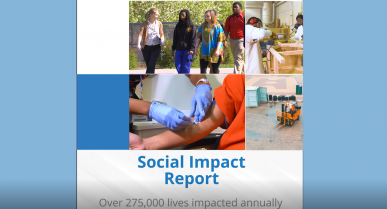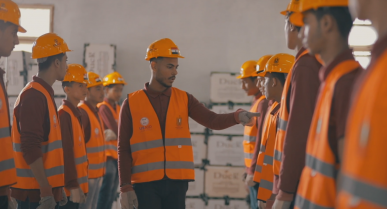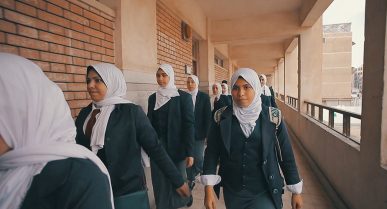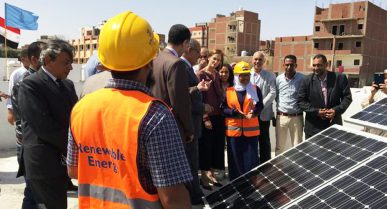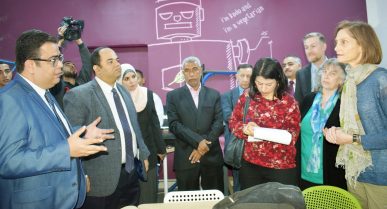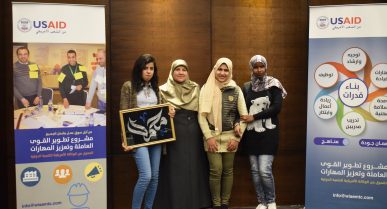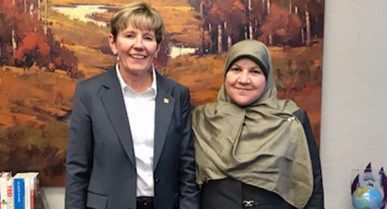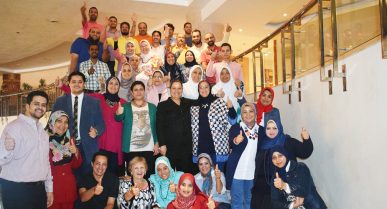National Entrepreneurship Competition Shows MTC’s Efforts in Egypt are Working
MTC has been working with the Egyptian Ministry of Education and Technical Education over the past three years to help young people better prepare for the workforce. And a recent national competition shows MTC’s efforts are paying off.
Hundreds of students from various technical secondary schools around Egypt recently participated in the Technical Vocational Education and Training track of the Nawah Entrepreneurship Competition, a national competition organized by the International Labour Organization in partnership with several international organizations and the private sector.
MTC’s Workforce Improvement and Skill Enhancement or WISE project held a competition leading up to the national event. The competition helped prepare the the young men and women to compete on the national level. The video above shows highlights from the WISE event.
For the national competition, five project teams were chosen as finalists, and all of these team members are studying at schools tied to MTC’s project.
“It’s great to see young people learning the skills they need to succeed in today’s workforce,” says Greg Niblett, vice president of MTC’s Economic & Social Development division. “These young people were up against a lot of competition, and their skills rose to the top. We’re grateful to be part of such a valuable project that’s helping Egyptian citizens carve out a brighter future for themselves and for their families.”
The first-place winner went to two students who created what’s called the Mini Mill. The Mini Mill is a small computer numeric control machine that efficiently allows a computer to guide a cutter to fabricate products from a wide variety of materials. The size makes this unique and affordable for engineering companies and small to medium sized workshops.
Second place went to two students who are recycling damaged LED lamps and converting them into energy-efficient cordless lamps for emergency use during power outages. The recycled lamps are both battery-operated and photo cell-operated. The team plans to collect damaged lamps from manufacturers in bulk to be sold at a profit once converted, or they will accept four damaged lamps from individual households in exchange for a single converted lamp.
Third place went to two students who used discarded date palm leaves, seeds, and branches to make various low-cost decorative household items and handicrafts.
Greg adds, “It’s impressive to see the creativity of these young entrepreneurs. They will do well.”
MTC’s project in Egypt is funded by the U.S. Agency for International Development. The success of the project to date has resulted in the contract being extended for one year through October 2019. MTC has approximately 65 employees located in Egypt with a main office in Cairo and 11 other locations throughout the country.


